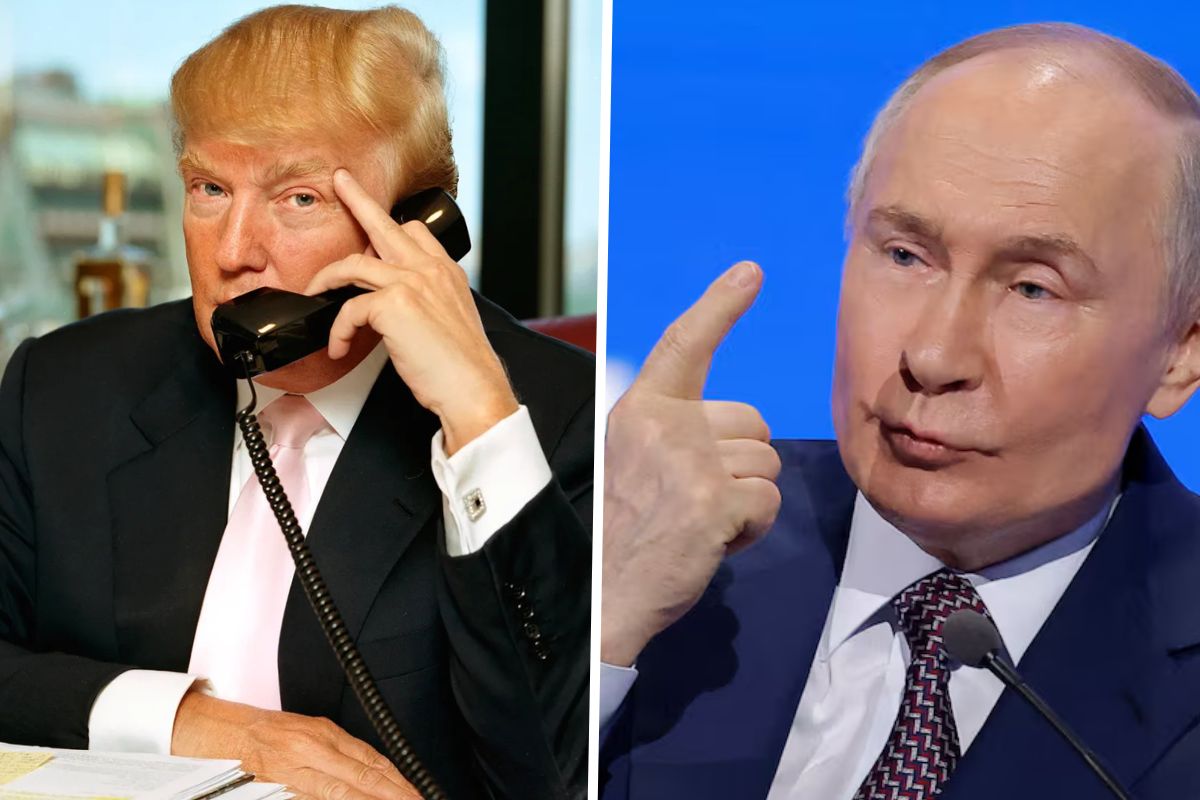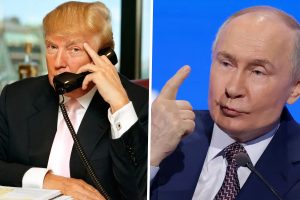Right after ‘Trump-Putin’s call, Russia approves to a limited Ukraine ceasefire
Following a phone call with U.S. President Donald Trump, Russian President Vladimir Putin recently signed a 30-day stop of strikes on Ukraine’s energy infrastructure. This agreement falls short of a complete ceasefire since hostilities in all their manifestations still exist.
Agreement Details
During the call, President Trump proposed a full 30-day ceasefire; President Putin turned him down. Putin agreed instead to a stop on operations aiming at Ukraine’s energy infrastructure. Since the 2022 full-scale invasion, Russian military operations have targeted Ukraine’s energy sector; consequently, this brief ceasefire seeks to relieve some of the strain on it.
Immediate Violations
Against agreement, Russian forces started drone and missile assaults against Ukrainian energy facilities following reports, hours after the ceasefire declaration. Ukrainian President Volodymyr Zelenskyy attacked these acts, saying they went against Russia’s pledges and worsen the humanitarian situation in impacted areas.
Read Also: North Korea’s Missile Program: An Ongoing Global Concern
International Response
The delicacy of the truce worries the whole society. European authorities have pushed all sides to participate in positive communication in order to attain a long-lasting peace and demand more agreement compliance. The United Nations has underlined again the need of safeguarding civilian infrastructure and reducing damage to non-combatants.
Ongoing Negotiations
Negotiations will take time; Russian and Ukrainian delegations are to meet in the Middle East to explore possible routes towards peace and the execution of a complete ceasefire. The success or failure of these conversations is yet to be known given previous transgressions and the intricate geopolitical players in action.
Conclusion
A partial truce on energy infrastructure marks a first step towards de-escalation of the Russia-Ukraine conflict. Still, the first violations of this accord draw attention to the difficulties reaching a long-lasting peace. Constant diplomatic efforts as well as respect of international law help to ensure the safety of civilian life and infrastructure and help to settle the recurrent conflicts.











